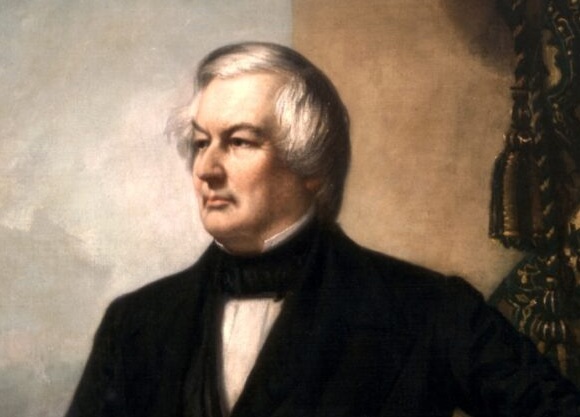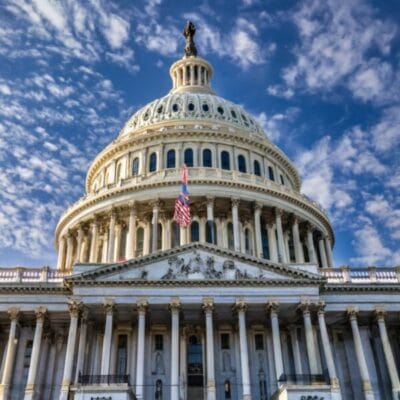Unveiling the Colossal Force of Congressional Investigations
Within the hallowed halls of Congress, a potent weapon resides – the power to conduct investigations. These probes, like piercing spotlights, illuminate hidden truths, exposing wrongdoing and shaping the course of history. Join us as we delve into the fascinating world of congressional investigations, exploring key cases and their profound impacts.
Dive into the Congressional Spotlight: Uncovering Truths, Shaping History
1. The Teapot Dome Scandal: Unmasking Corruption’s Grip
In the early 20th century, a series of Senate hearings exposed rampant graft within President Warren G. Harding’s administration. Known as the Teapot Dome Scandal, these investigations laid bare the illegal leasing of federal oil reserves to private companies. The resulting public outrage forced Harding’s successor, Calvin Coolidge, to appoint a special prosecutor, leading to criminal convictions and the restoration of trust in government.
2. The McCarthy Era: The Perils of Overreach
Senator Joseph McCarthy’s infamous hearings in the 1950s aimed to root out Communist subversion in American society. However, McCarthy’s reckless accusations, fueled by unfounded fears, cast a dark cloud over civil liberties. The Army-McCarthy hearings of 1954 culminated in McCarthy’s censure by the Senate, marking a watershed moment in the fight against unchecked political power.
3. Watergate: The Defining Investigation
The Watergate scandal of the 1970s is etched in the annals of American history. Congressional investigations into President Richard Nixon’s involvement in the break-in of the Democratic National Committee headquarters uncovered a web of wrongdoing and cover-ups. The resulting impeachment proceedings and Nixon’s resignation not only ended a presidency but also cemented the role of Congress as a watchdog over the executive branch.
Congressional Scalpels: Precision Investigations, Lasting Legacies
1. The Iran-Contra Affair: Revelations and Repercussions
In the 1980s, Congress investigated the Reagan administration’s secret arms sales to Iran and the diversion of funds to Nicaraguan rebels. The Iran-Contra hearings exposed a complex web of deception and illegal activities, leading to criminal charges and the resignation of several high-ranking officials. The investigation’s findings strengthened congressional oversight and accountability.
2. The Whitewater Controversy: A Political Maelstrom
The Whitewater investigation of the 1990s centered around real estate dealings involving President Bill Clinton and his wife, Hillary. While the investigation itself did not yield significant criminal charges, it sparked a political firestorm that culminated in Clinton’s impeachment by the House of Representatives. The Whitewater hearings highlighted the intense scrutiny that can befall those in power.
3. The Benghazi Attack: A Partisan Divide
In 2012, the terrorist attack on a U.S. diplomatic compound in Benghazi, Libya, became the subject of multiple congressional investigations. The highly partisan nature of these inquiries led to conflicting interpretations of events and accusations of political motivations. The Benghazi hearings underscore the challenges of conducting investigations in a politically charged environment.
Congressional investigations serve as a vital check on power, ensuring accountability, uncovering wrongdoing, and safeguarding the public interest. Through the precision of their scalpel-like scrutiny, these probes have shaped history, exposed corruption, and reinforced the principles of transparency and good governance. As we continue to navigate the complexities of the modern world, the power of congressional investigations remains an invaluable tool for preserving the integrity of our democratic institutions.



